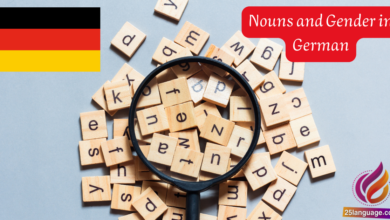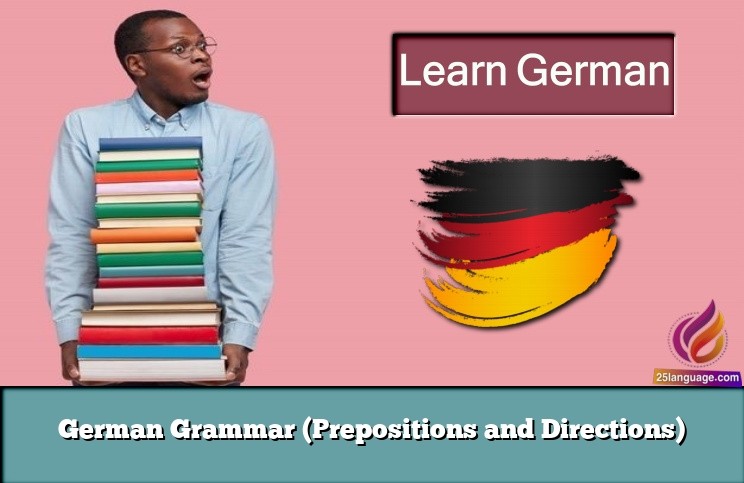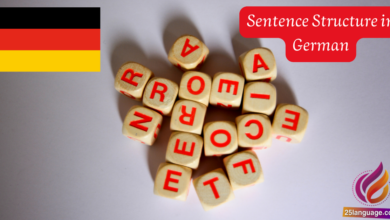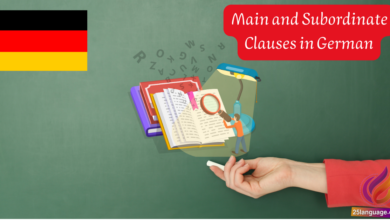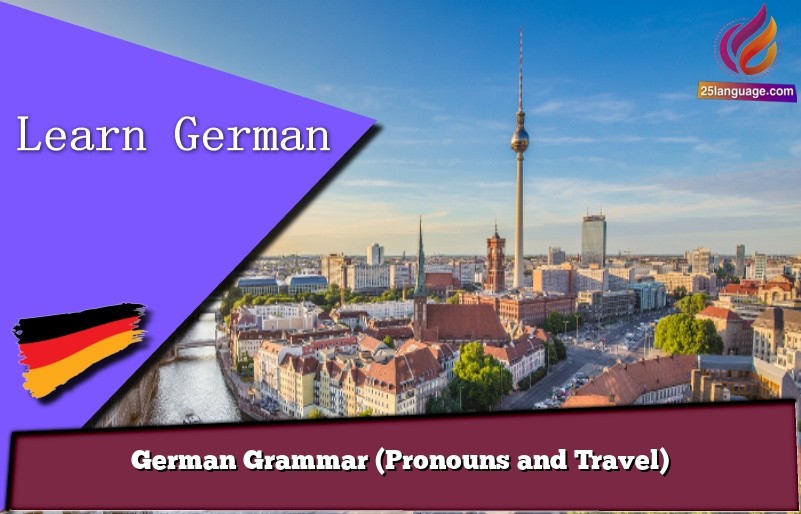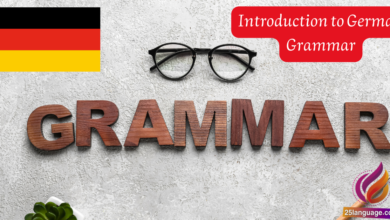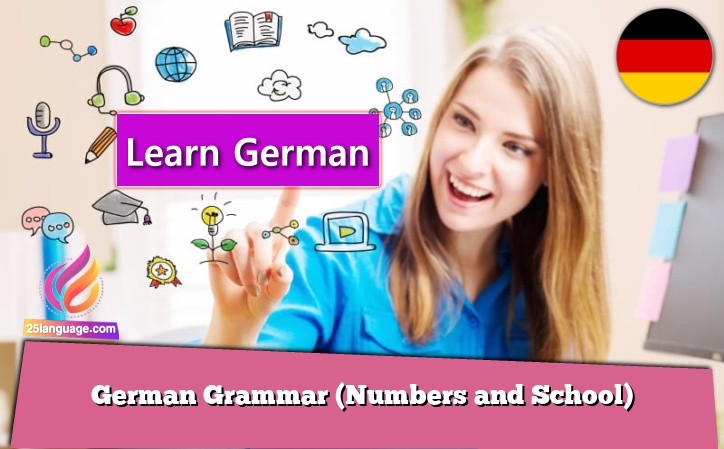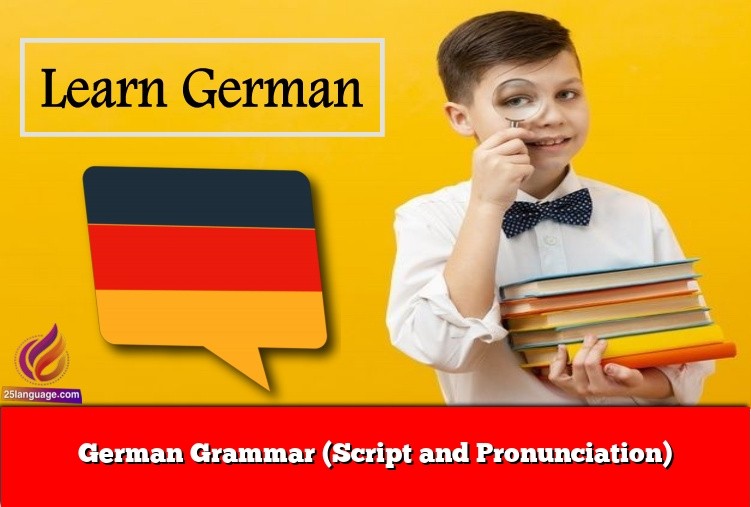Difference Between müssen, sollen, and dürfen

Understanding the nuances of modal verbs in German can unlock a whole new level of dialog. Today,we’ll explore the differences between “müssen,” “sollen,” and “dürfen.” Each of these words conveys obligation and permission, but in distinct ways. Mastering thier use will not only enhance yoru speaking skills but also help you express yourself more accurately and confidently in everyday conversations. Let’s dive in and discover how these powerful verbs shape meaning in German!
Understanding the Nuances of Müssen, Sollen, and Dürfen
In German, the modals müssen, sollen, and dürfen serve to express necessity, obligation, and permission.Understanding when to use each is crucial for mastering the language. Müssen translates to “must” or ”have to” and is used to express a strong necessity or obligation. Such as: Ich muss zur Schule gehen. (I must go to school.) This indicates that going to school is necessary. In contrast, sollen translates to “should” or “ought to” and suggests a advice or moral obligation rather than an absolute necessity. An example would be: Du sollst deine Hausaufgaben machen. (You should do your homework.) Here,the speaker is advising the listener to complete their homework,but it’s not as forceful as müssen.
On the other hand, dürfen means ”may” or “to be allowed to,” conveying permission. It is indeed vital to note that using dürfen implies that something is permitted under certain conditions. As an example: Wir dürfen im Park spielen. (We are allowed to play in the park.) This indicates permission to engage in the activity. To better illustrate how these modals differ, refer to the table below that encapsulates their uses:
| German Example | Modal | English Translation |
|---|---|---|
| Ich muss den Arzt sehen. | müssen | I must see the doctor. |
| Du sollst mehr Wasser trinken. | sollen | You should drink more water. |
| Wir dürfen nicht laut sprechen. | dürfen | We are not allowed to speak loudly. |
Exploring Obligations, Suggestions, and Permissions in German
In German, expressing obligations, suggestions, and permissions involves using specific modal verbs. The most common modal verbs for these purposes are müssen (must,have to),sollen (should,ought to),and darf (may,to be allowed to). These verbs change the meaning of the main verb in the sentence and are typically placed in the second position in the sentence structure. As an example, to express obligation, you can say “Ich muss meine Hausaufgaben machen.” which translates to “I have to do my homework.” Using sollen, we say “Du sollst mehr Wasser trinken.”, meaning “You should drink more water.”
- Obligation (müssen): Defines what one must do.
- Suggestion (sollen): Implies advice or recommendation.
- Permission (dürfen): Indicates allowance or approval.
| German Example | Rule | English translation |
|---|---|---|
| Ich muss lernen. | Obligation with müssen | I must study. |
| Wir sollen heute einkaufen. | Suggestion with sollen | We should shop today. |
| Du darfst hier nicht rauchen. | Permission with darf (negative) | You may not smoke here. |
| Er darf ins Kino gehen. | Permission with darf | He is allowed to go to the cinema. |
Practical Insights into Using müßen, sollen, and dürfen Effectively
In German, müssen, sollen, and d dürfen are modal verbs that express necessity, obligation, and permission, respectively. Understanding the nuances between them is essential for effective communication. Here are the main uses for each verb:
- müssen (must/have to):
- Expresses a strong necessity or obligation.
- Example: Ich muss für die Prüfung lernen. (I must study for the exam.)
- sollen (should/ought to):
- Conveys a recommendation or a moral obligation.
- Example: Du sollst mehr Wasser trinken. (You should drink more water.)
- d dürfen (may be allowed to):
- Indicates permission or authorization.
- Example: Wir dürfen im Park essen. (We may eat in the park.)
| German Example | rule | English Translation |
|---|---|---|
| Ich muss gehen. | Expresses a necessity. | I have to go. |
| Er soll das Buch lesen. | Recommendations or suggestions. | He should read the book. |
| Sie dürfen hier nicht rauchen. | Indicates restriction of permission. | You may not smoke here. |
Mastering German Modal Verbs for Everyday Conversations
In german, modal verbs are essential for expressing ability, necessity, permission, or desire. The six primary modal verbs are können (can), müssen (must), wollen (want), sollen (should), düfen (may), and mögen (like). These verbs do not stand alone; they are usually followed by another verb in its infinitive form.Such as:
- Ich kann schwimmen. - I can swim.
- Du musst zur Schule gehen. - You must go to school.
- wir wollen Pizza essen. – We want to eat pizza.
Typically, the conjugated modal verb takes the second position in the sentence, while the infinitive comes at the end. This structure is especially useful in daily conversations. Remember that the conjugation changes based on the subject pronoun. For instance:
| Subject | Können | Müssen | wollen |
|---|---|---|---|
| Ich (I) | kann | muss | will |
| Du (You) | kannst | musst | willst |
| Er/Sie/Es (He/She/It) | kann | muss | will |
This conjugation pattern allows you to express a wide range of thoughts. As an example, “Er kann gut spielen.” means “He can play well,” while “Wir müssen heute arbeiten.” translates to “We must work today.” Understanding these verbs will greatly enhance your ability to converse in German effectively.
To wrap It Up
Fazit der Lektion: “Unterschied zwischen ‘müssen,’ ’sollen’ und ’dürfen'”
Herzlichen Glückwunsch! Sie haben nun einen wichtigen Schritt in Ihrer Reise zur Beherrschung der deutschen Sprache gemacht. In dieser Lektion haben Sie die feinen Unterschiede zwischen den Modalverben “müssen,” ”sollen” und “dürfen” entdeckt.
Um es kurz zusammenzufassen:
- “müssen” drückt eine Notwendigkeit oder Pflicht aus – es ist unumgänglich.
- “sollen” legt nahe, dass etwas getan werden sollte, oft basierend auf Erwartungen oder Empfehlungen.
- “dürfen” bedeutet, dass etwas erlaubt oder genehmigt ist – ein Zeichen von Freiheit und Erlaubnis.
Jetzt sind Sie bestens gerüstet, um diese Verben sicher und korrekt in Ihren Gesprächen zu verwenden! denken Sie daran: Übung macht den Meister! Versuchen Sie, die neuen Begriffe in Ihren Alltag zu integrieren – sei es beim Sprechen, Schreiben oder sogar beim Denken auf Deutsch. Machen Sie kleine Sätze oder Gespräche, in denen Sie diese Modalverben anwenden, und beobachten Sie, wie Ihr selbstvertrauen wächst.
Die Geduld und das Engagement, die sie in Ihr Lernen investieren, werden sich auszahlen. Machen Sie weiter so, und viel Spaß beim weiteren Erkunden der deutschen Sprache!












